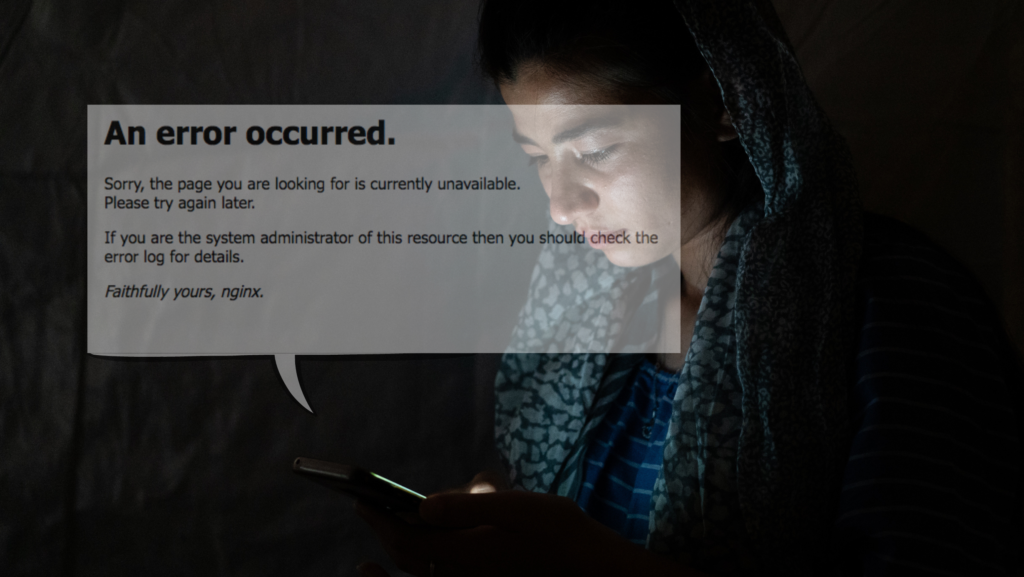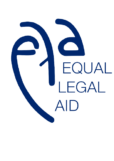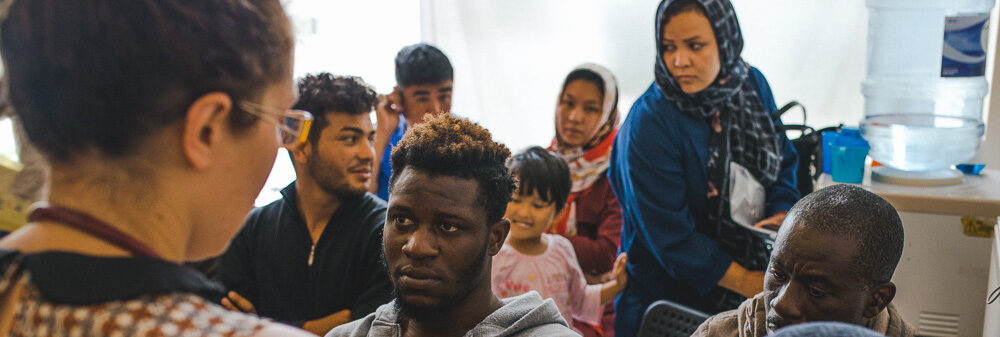
Between 5th May and 7th June 2023, most of the operations of Greek asylum authorities under the umbrella of
the Ministry of Migration and Asylum (MoMA) were halted due to an upgrade of the Asylum Service’s database,
Alkyoni. During this period, no operations involving the Alkyoni system could be performed, including registration
of asylum claims, renewal of asylum seeker cards, and issuance of residence permits, travel documents or other
necessary documentation. As of today, it is still not possible to apply for appointments for first instance asylum
claims or subsequent applications, while there has been no formal recognition by the authorities that these
services continue to be unavailable.
The update of Alkyoni has still not been completed despite the Greek government’s original commitment to finish
upgrades by January 2023, but instead on 7th June the old Alkyoni system was reinstated. The backlog caused by
the shutdown is likely to lead to further severe delays in issuing decisions, documents and in booking appointments
for people seeking asylum and beneficiaries of international protection in Greece, while some key functions of the
system are still not possible, with no information provided by the authorities on when these will be reinstated.
During and following the shutdown, the undersigned organisations have supported people who have been left in
limbo, unable to access key documents or progress their asylum claims. As a result, people have been left
undocumented and fearful of the consequences, placing them at further risk of arbitrary apprehension by the
police, detention, and pushbacks. Considering the persistence and intensification of police operations, targeting
people on the move in cities such as Thessaloniki and Athens, this fear is well-founded. Additionally, those who
were unable to renew their residence permits due to the inactivity of the asylum services during and after the
shutdown, were and remain unable to travel outside of Greece, have seen their social security numbers (AMKA)
deactivated, were unable to access their bank accounts, receive unemployment benefits, certify their signature for
instance to authorise a lawyer in the Citizen Service Offices (KEP), or even to work during the shutdown period.
With access to asylum severely limited and subsequent applications still not possible, people will continue to be
left undocumented and outside the protections of the asylum procedure.
Further exacerbating the issue, during the shutdown period, the MoMA failed to provide any alternative
documentation or certification to ensure the continuity of rights of recognised refugees and beneficiaries of
subsidiary protection, even for those who had applied for the renewal of their residence permits months before
the shutdown, leaving these individuals undocumented and in precarious situations for the time being. The MoMA
only issued a short press release in Greek and English about the system shutdown, which failed to explain the
reasons, consequences and timeline of the system update for asylum seekers and beneficiaries of international
protection, as well as not being communicated in languages that they understand. With no further announcement
being issued, people were left in positions of severe uncertainty.
This practice of denying people access to clear information regarding the asylum procedure is not new, and has
been well-documented, particularly following previous changes to the system. The fact that the MoMa issued an
announcement reinstating asylum procedures for Ukrainian nationals on 26th May additionally demonstrates that
the Ministry is capable of ensuring efficient access to procedures for certain nationalities, contributing to previous
allegations of Greece operating a ‘two-tier’ system.
The undersigned organisations additionally support the recently released statement from the staff of the Asylum
Service highlighting long-standing chronic staff shortages and outdated systems, both of which will further
exacerbate the backlog created by the Alkyoni shutdown. Further, it is likely the MoMA will attempt in future to
update the system again, leading to yet more uncertainty for people on the move.
The shutdown was just the latest issue blocking access to the asylum procedure and related rights for asylum
seekers, refugees and migrants. In recent years, organisations supporting people on the move in Greece have
consistently highlighted barriers to accessing the asylum procedure (both via the old Skype pre-registration system
and the online platform introduced in July 2022) as well as technical issues resulting in delays issuing vital
documentation and ongoing appointment unavailability and lack of translators, which have left asylum seekers and
refugees without access to basic rights and exposing them to homelessness, destitution and ill-health.
The undersigned call on the MoMA to take action to ensure fair and equal access to the asylum procedure in Greece as well as the continuation of rights for recognised refugees and beneficiaries of subsidiary protection by:
• Immediately releasing a statement explaining why it is currently not possible to apply for appointments to register asylum claims or make subsequent applications, and adequately informing people of their rights during the waiting period, and when they can expect these procedures to be functional again, in a language they can understand;
• Reinstating as soon as possible all asylum processes which continue to be unavailable, particularly the online platform to book appointments for registering asylum applications and the lodging of subsequent applications;
• Issuing interim temporary documents to beneficiaries of international protection who are still waiting to renew their residence permits, which carry the same rights as a resident permit and allow them to fully exercise their rights in Greece, including their rights to travel for a short period of time within the EU or to apply for visas;
• Taking immediate action to reduce the backlog which was exacerbated by the shutdown and ensure that delays in issuing and renewing documents are reduced;
• Ensuring that the Asylum Service has adequate staff and resources to carry out its work, including to deal with backlogs created by any future technical issues and system shutdowns, by providing translators and improving working conditions of staff through permanent contracts and modern IT systems;
• Ensuring that all people impacted by any future system shutdowns or other technical problems always have access to temporary documentation protecting them from police checks and arbitrary detention;
• Ensuring that people impacted by any future system shutdowns or any other issues impacting the operations of asylum authorities are adequately informed of the impact on their access to the asylum procedure and other fundamental rights.
Joint statement by Mobile Info Team, Equal Legal Aid, Refugee Legal Support, I Have Rights, Avocats Sans
Frontières, and Legal Centre Lesvos.



